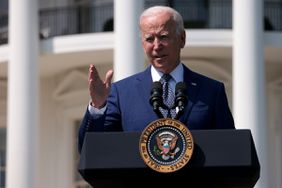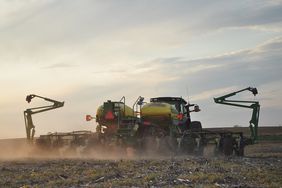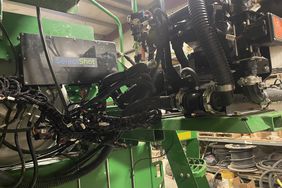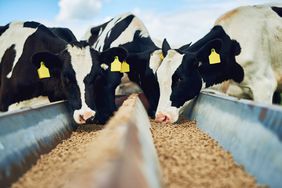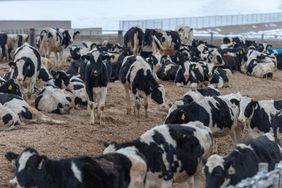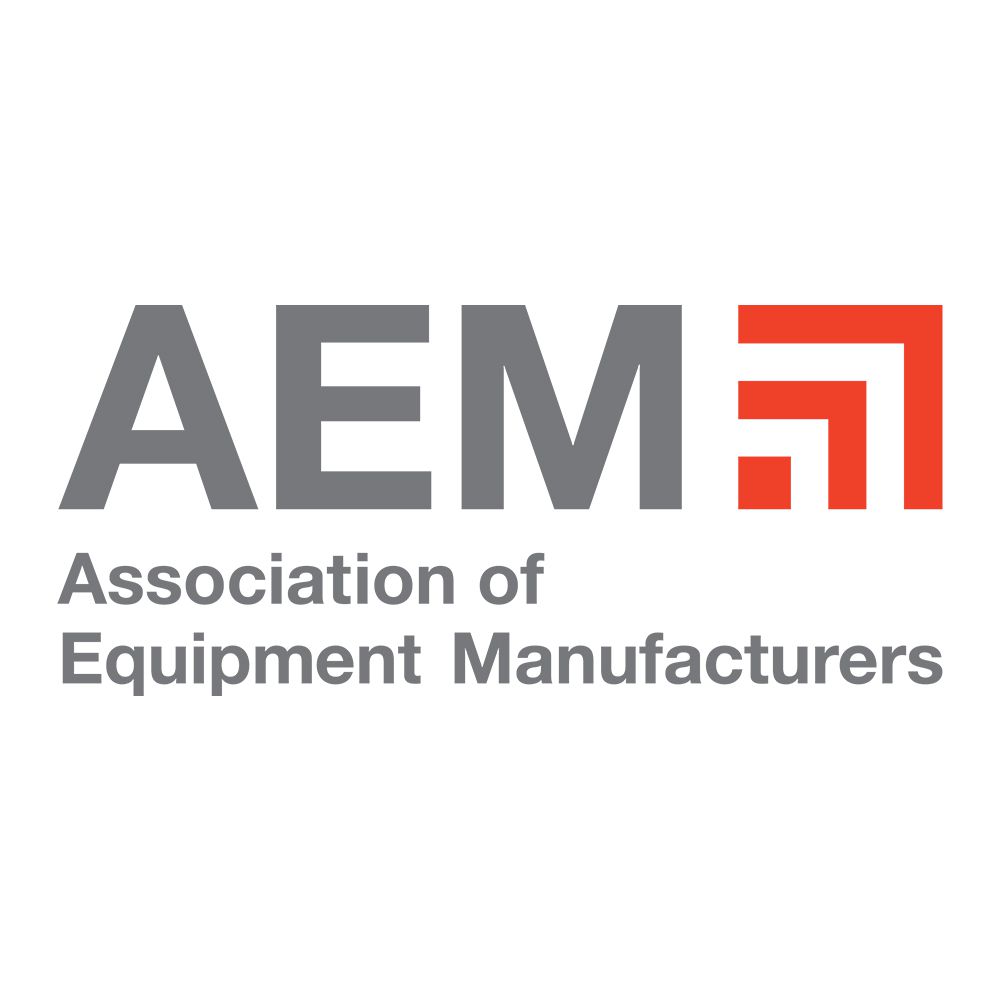
Following President Joe Biden's State of the Union address, the Association of Equipment Manufacturers (AEM) discussed the state of the industry and its top policy priorities leading up to the midterm elections in 2022.
AEM is the North American-based international trade group representing more than 1,000 off-road equipment manufacturers and suppliers in the agricultural and construction industries.
"As we begin to see the light at the end of the tunnel and work toward a new normal, we need to ensure that lawmakers continue to prioritize the policies that will help our industry fully recover from the effects of the pandemic that will last well into 2022 and beyond," says Megan Tanel, president of AEM. "This includes working with the Biden administration to ensure the implementation of the bipartisan federal infrastructure law acknowledges the significant role that equipment manufacturers can and will have in the process."
AEM policy challenges

The bipartisan federal infrastructure bill was signed into law in November, and dedicates over $1 trillion for transportation, broadband, utilities, roads, and railways. Tanel says over 30 policy recommendations from AEM's "Rebuild With Purpose" report were part of the bill, and many more may be adopted as part of the implementation process.
"One thing the last two years have made very clear for all of us is the critical importance of our food supply and the rural communities that overwhelmingly supported investment in these communities," says Robert Crain, AGCO senior vice president of customer experience and AEM chair. "It's imperative just to secure a robust food supply and keep our economy and equipment manufacturers strong. Many of our industries rely on a strong farm economy."
One of the best ways to support these economies is to provide economic certainty and a safety net for farmers, like the federal crop insurance program and market creation for biofuels, according to AEM. AEM urges Congress and the Biden administration to support free and fair-trade practices enabling farmers to sell their goods into new markets.
The trade group also calls for greater federal investment in preparing skilled workers and sustainable jobs for its represented sectors. AEM strongly supports Biden's initiative to expand the Pell grant and get more students in technical and community colleges. It also supports the creation of a modernized apprenticeship system to streamline the exchange between states and programs approved by the U.S. Department of Labor.
Finally, AEM called for the reauthorization and expansion of the Workforce Innovation and Opportunity Act to help workers overcome challenges like childcare, transportation costs, and gaining new skills and credentials for better jobs.
War in Ukraine and energy
While AEM is uncertain of how the war in Ukraine will affect its represented manufacturing industries, Tanel called on the Biden administration to provide bipartisan solutions to the potential crises facing the United States.
In the wake of the increased energy costs due to dependence on oil supply from Russia and a stalled Build Back Better bill, Crain says there is some possibility of an energy package to come out of Congress. This could lead to less reliance on foreign energy and put more focus on biofuels and energy produced in North America.
"A clean and healthy environment is essential for economic prosperity now and in the long term," says Tanel. "We support policies that build on America's strengths, technology, and energy diversity. We definitely encourage investment and innovation in our nation's energy sector, preserving the environmental quality for this generation and generations beyond."
COVID-19 recovery and supply chain
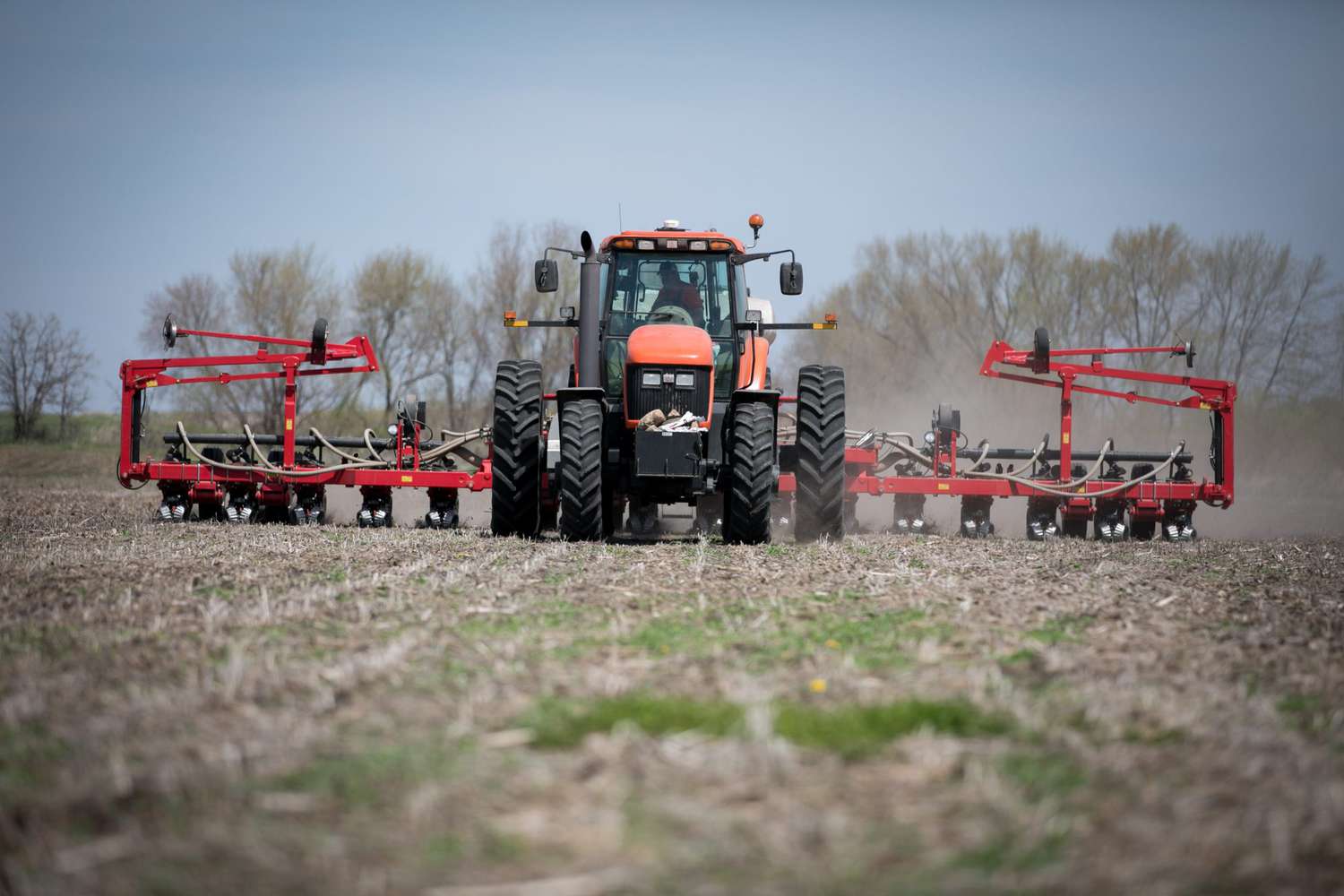
The COVID-19 pandemic has highlighted the necessity of AEM's relationship with lawmakers, with the need for policies reinforcing the essential nature of the 2.8 million people in the industry, and providing relief to equipment manufacturers during the global supply chain crisis.
Crain says AEM is optimistic about COVID's retreat and supply chain improvements, citing AEM's latest ag equipment report which showed modest gains after strong growth in 2021.
"Although there are developing issues that could impact our industry, we feel optimistic that COVID-19's retreat means a greater return to normalcy — finally — on our farms, and in our factories, and in our homes," says Crain.
Purdue's Ag Economy Barometer for March shows rising sentiments of future conditions even in the face of higher production costs. Additionally, the Institute of Supply Management's manufacturing report in February found moderate to strong growth across the six largest manufacturing industries.
"No doubt we're still going to face some challenges in the coming months, but we're cautiously optimistic that 2022 will see some improvements across most areas," says Crain. "Most of our member companies are also forecasting sales growth and even margin expansion in 2022."
:max_bytes(150000):strip_icc()/_D3_6951-2b36bbe5727444fb9b3b968da4e62f78.jpg)
